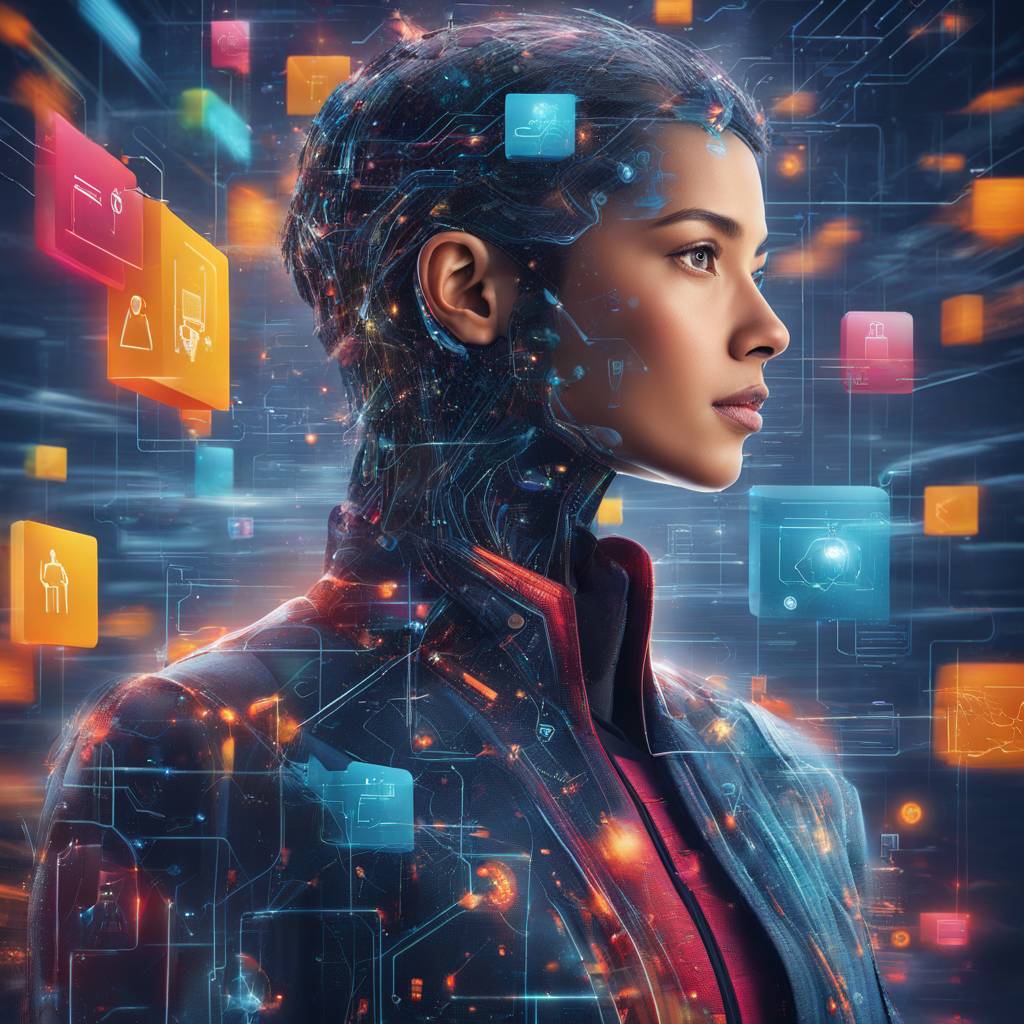As powerful generative AI tools become more prevalent, the role of HR professionals is poised to change significantly. While AI may be able to automate routine tasks, such as recruitment and training, it lacks the empathy and emotional intelligence necessary for managing a human workforce. Therefore, HR professionals will need to focus on developing their human-to-human skills to nurture and develop strong relationships with employees. The use of AI in HR is not meant to replace humans, but rather to enhance their capabilities and free up time for more high-value tasks.
In terms of recruitment and talent-hunting, generative AI tools can assist in creating ideal candidate personas, personalized job descriptions, and conducting initial assessments to ensure candidates meet basic criteria. Rather than being used for screening, AI can provide recruiters with a better understanding of candidates as unique individuals before meeting them face-to-face. Similarly, in workforce development, AI can assist in creating personalized training materials tailored to individual learners’ skills and learning requirements, ultimately equipping employees with the skills needed to succeed in the AI era.
AI can also be used in workplace management and analytics to quickly analyze data and compile reports highlighting key workforce trends. This can help identify future staffing needs, areas of high staff turnover, and factors affecting employee sentiment and satisfaction, providing HR professionals with valuable insights to drive strategic decisions. However, it is important to be cautious of potential biases in data collection and analysis, as well as the need for transparency and human oversight to prevent misinformation or mistakes.
Creating a positive employee experience is another key focus for HR departments, and generative AI can help by providing personalized onboarding material, answering common HR queries through chatbots, and interpreting employee feedback to address pain points and improve overall satisfaction. While chatbots may be efficient in delivering information, quality of service is crucial to ensure a positive user experience. By leveraging AI in these areas, HR professionals can better understand and address the needs and challenges faced by employees in the workplace.
With AI handling routine and administrative tasks, the role of HR professionals will evolve to focus more on human-centric elements such as staff wellness, promoting inclusion and diversity, and fostering a healthy work/life balance. This shift in perception will elevate the strategic value of HR professionals, allowing them to become champions of positive organizational change and curators of a healthy, caring workplace culture. By embracing AI technologies while nurturing their human-to-human skills, HR professionals can adapt to the changing demands of the future workplace and make a meaningful impact on the well-being of employees.













